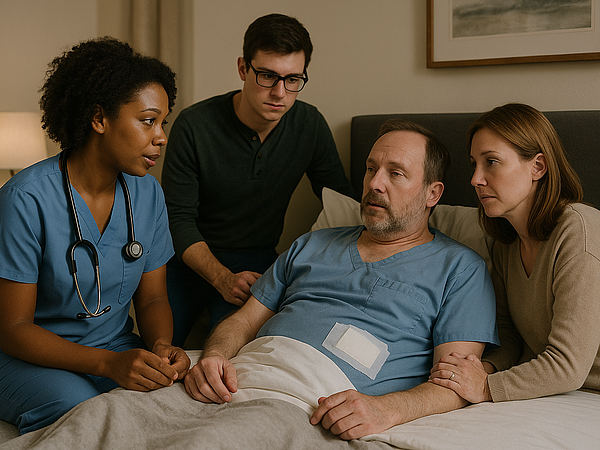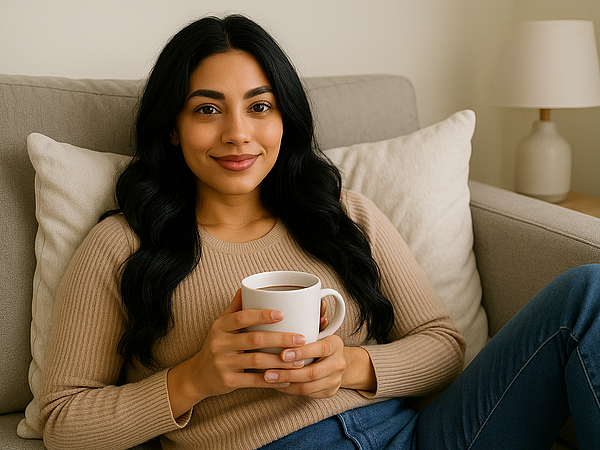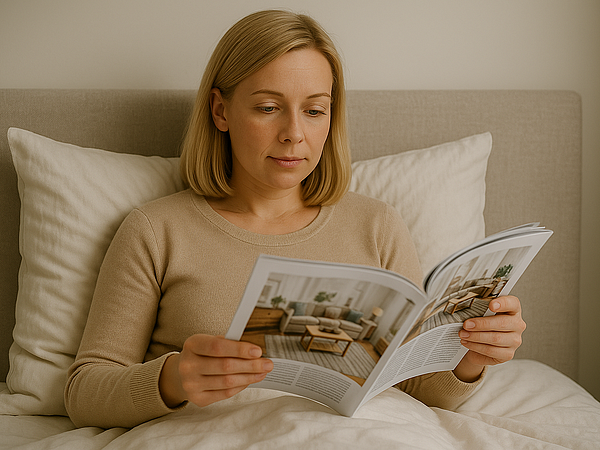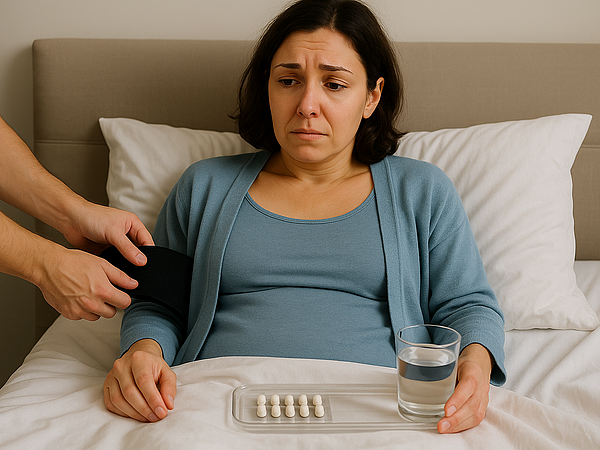What Support Is Needed After A Tummy Tuck Surgery?
Most people think recovery from abdominoplasty is just about rest. Lie down, take it easy, wait it out. But your body needs more than that — and if you don't plan ahead, you're setting yourself up for setbacks. Tummy tuck recovery isn't passive. It's active management of drains, movement, compression, medication, and nutrition. Every detail matters, especially in those first critical days when healing is fragile and complications can sneak up fast.
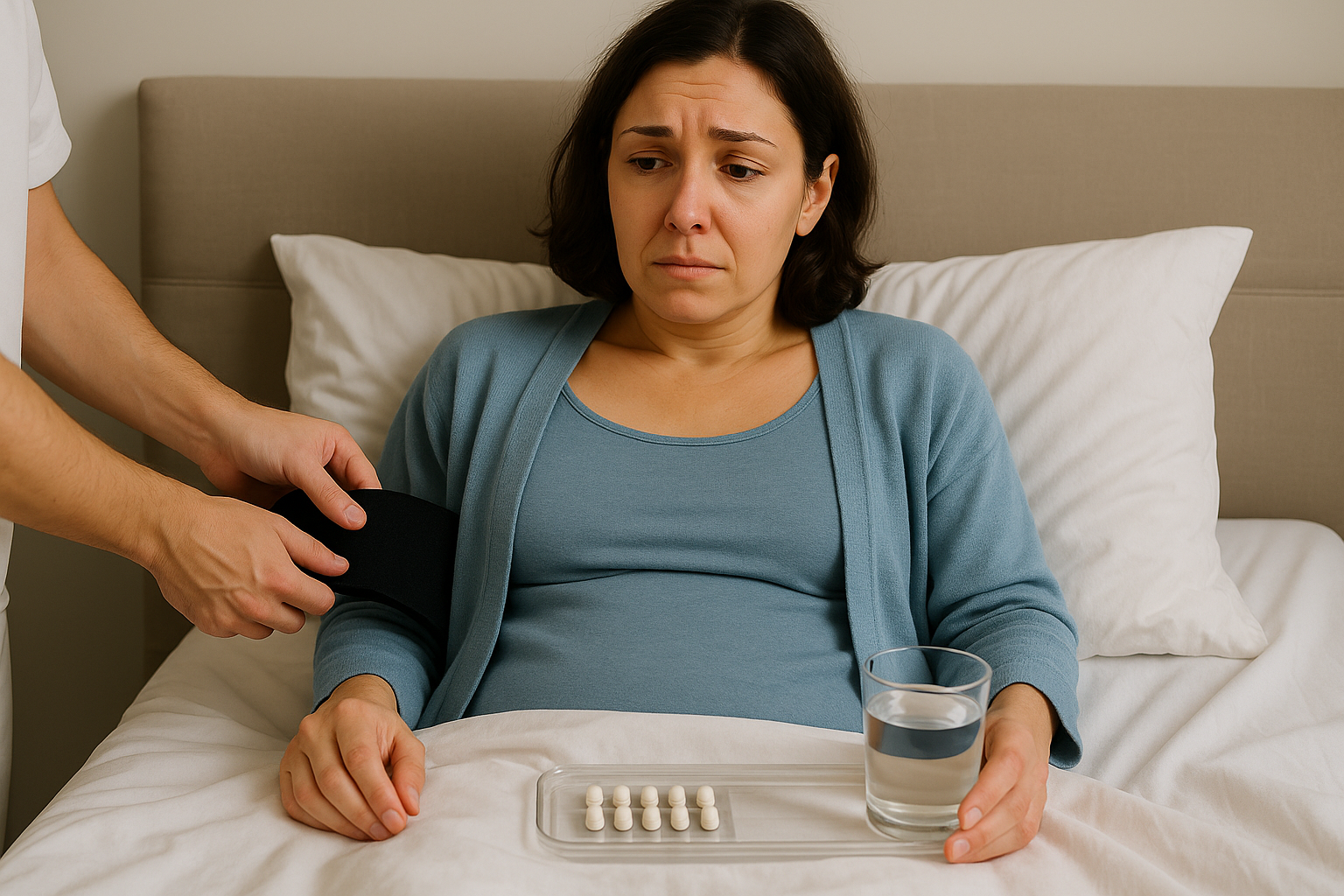
So here's the reality. If you're going under the knife for body contouring, that's a big step. Just don't assume you'll bounce back solo. Every task — from standing up to changing dressings — becomes harder when your core is compromised. That's why professional medical recovery services exist. Not because you're weak, but because smart recovery requires backup. And every decision you make in the first week sets the tone for how the next six weeks unfold.
Drain Care
Drains are part of the deal with most tummy tucks. Surgeons place them to prevent fluid buildup under the skin, which can lead to infection or delayed healing. You'll have one or two tubes coming out of your abdomen, attached to small bulbs that collect fluid. Those drains need to be emptied, measured, and monitored multiple times a day. Miss a step, and you risk complications that could land you back in the surgeon's office — or worse.
Here's what drain management actually involves. You're not just squeezing a bulb and tossing the contents. You're tracking output volume, watching for color changes, keeping the insertion sites clean, and making sure the tubing doesn't kink or pull. If you've never done this before, it's intimidating. And if you're doing it alone while medicated and sore, it's a recipe for mistakes. That's where personal care and nutrition assistance becomes essential. A trained caregiver knows what normal looks like — and what doesn't. They'll spot early warning signs you might miss and keep everything documented so your surgeon has accurate data at your follow-up.
Standing and Walking Support
You're going to be hunched over for days. That's normal. Your abdominal muscles have been tightened, and standing fully upright will feel impossible at first. But you still need to move. Staying in bed too long increases your risk of blood clots, pneumonia, and muscle stiffness. Walking is part of the healing process — but it's also one of the hardest things you'll do in the first 48 hours. Getting out of bed, shuffling to the bathroom, even sitting up requires core strength you temporarily don't have. That's why ambulation assistance is critical. A caregiver provides physical support so you can move safely without straining your incision or losing your balance. They're there to steady you, guide your posture, and make sure you're not overdoing it or underdoing it. Both extremes slow healing.
Abdominal Binder Use
Your surgeon will likely send you home with a compression garment or abdominal binder. This isn't optional. The binder reduces swelling, supports your newly contoured shape, and minimizes movement that could stress the incision. But wearing it correctly matters. Too loose, and it's useless. Too tight, and you risk circulation issues or skin irritation. You'll need help putting it on, adjusting it throughout the day, and removing it for showers or wound checks. A caregiver trained in post-surgical support knows how to position the binder properly and when to loosen or tighten it based on your comfort and swelling levels. They'll also watch for signs that the garment is causing problems — like redness, numbness, or increased pain — and adjust accordingly.
Medication Reminders
- Pain management prescriptions need to be taken on schedule, not when the pain becomes unbearable
- Antibiotics must be finished completely to prevent infection, even if you start feeling better
- Anti-nausea meds may be necessary if anesthesia or pain medication upsets your stomach
- Stool softeners are often recommended since pain meds can cause constipation, which strains your abdomen
- Blood thinners or supplements may be prescribed to reduce clot risk, and timing matters
When you're groggy, uncomfortable, and sleep-deprived, keeping track of pills becomes harder than it sounds. Miss a dose, double up by accident, or take something on an empty stomach when you shouldn't — these mistakes happen all the time. That's why medication and wellness monitoring is part of professional aftercare. A caregiver keeps your medication schedule organized, reminds you when it's time, and makes sure you're taking everything correctly. They'll also watch for side effects or reactions and communicate with your medical team if something seems off.
Sleeping Positions
Forget sleeping on your stomach. That's out for weeks. You'll need to sleep on your back with your upper body elevated — usually at a 30 to 45-degree angle. This position reduces swelling, takes pressure off your incision, and makes breathing easier. But staying in that position all night when you're used to side or stomach sleeping? It's rough. You'll need pillows under your knees, behind your back, and possibly under your arms to stay comfortable and supported. A caregiver can help you get positioned correctly before bed and reposition you if you shift during the night. They'll also help you get up safely in the morning without jerking your torso or pulling on your incision. For those recovering in Orange County, finding reliable tummy tuck recovery support means having someone who understands these details and can adjust your setup as your healing progresses.
Nutrition for Healing
Your body is working overtime to repair tissue, fight inflammation, and rebuild strength. That takes fuel — the right kind. High-protein meals support wound healing. Fiber prevents constipation, which is crucial when you can't strain. Hydration keeps your skin elastic and your circulation strong. But cooking, grocery shopping, and meal prep? Those aren't realistic tasks when you're bent over and exhausted. A caregiver trained in post-surgical nutrition can prepare meals that support your recovery, keep you hydrated, and avoid foods that cause bloating or digestive issues. They'll also make sure you're eating enough, even when pain or nausea kills your appetite. Skipping meals slows healing. Eating the wrong things can make you uncomfortable or interfere with medication absorption. Nutrition isn't a side issue — it's central to how fast and how well you recover. For those seeking tummy tuck caregiver support in San Diego, having someone who can handle meal planning and preparation removes one more stressor from an already demanding recovery period.
Get Professional Tummy Tuck Recovery Help in Orange County and San Diego
Recovery from abdominoplasty isn't something you wing. It's not about toughing it out or hoping for the best. It's about having the right support in place so your body can heal the way it's supposed to. At My Lending Hands, we specialize in post-surgical care for patients recovering from cosmetic procedures throughout Orange County and San Diego. Our caregivers are trained in drain management, mobility support, medication tracking, and everything else that makes the difference between a smooth recovery and a complicated one. Call 949-278-8950 or request a free consultation to talk through your recovery plan and get the help you need.
‹ Back



